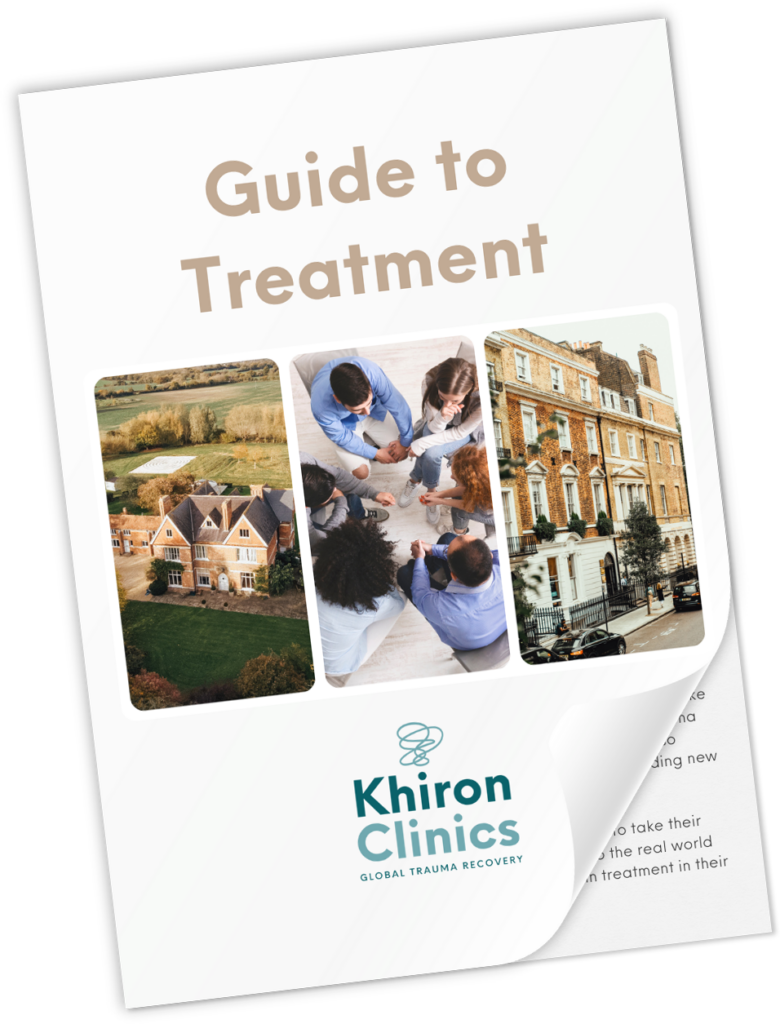Although having empathy for another person enables many to understand their pain and joy, this essentially becomes an empath’s pleasure and pain.
Empaths have many positive traits, including:[1]
- Being intuitive
- Pick up on dishonesty or hidden emotions
- Being incredibly caring
- Seeing the world in unique ways
However, there are many downsides to being an empath. Negative aspects can include:[2]
- Being overwhelmed by intimacy – you may feel suffocated or panicked by your partner’s feelings
- Avoiding conflict, even when conflict may be necessary
- Feeling as though you don’t fit in
- Difficulty setting boundaries
- Trouble dealing with emotional overload
Combatting the Difficult Traits of Being an Empath
There are many ways to combat the problematic sides of being an empath. These include setting boundaries, making friends with the word no, practising mindfulness, and identifying triggers. We delve into each below.
Set Boundaries
Constantly dealing with the emotions of those around you can be exhausting, especially if people often come to you when they encounter problems. In this instance, you may find yourself feeling on edge around them. You may even experience mental exhaustion as you attempt to continuously deal with other people’s thoughts and feelings.[3]
However, this can be mitigated by setting firm, healthy boundaries with your loved ones. Healthy boundaries are essential for everyone, but as an empath, they are critical. This is because setting boundaries can help you focus on your own emotions and problems.
Boundaries can look different for everyone. Depending on your needs, boundaries may include turning down a few social invitations to rest and recharge rather than going out. Boundaries may also consist of encouraging people to seek other forms of help when you’re feeling overwhelmed.
As empaths typically tend to avoid conflict, setting boundaries may seem challenging. However, by establishing them, you can boost your own emotional health and well-being.
Make Friends With the Word No
As touched on above, empaths will avoid conflict as much as possible. This may lead to you saying “yes” to things you don’t necessarily want to do, such as attending an event or allowing people to unload their problems onto you.
Saying “no” goes hand-in-hand with setting non-negotiable boundaries. It’s a great way to make space for your own mental and physical well-being. When you say “no”, make sure you’re clear and firm, but be kind too. Saying “no” in a flimsy tone may lead people to be persistent. They may even demand that you say yes or attempt to change your mind.
Although you may worry about saying “no”, the best part of doing so is that you don’t have to justify yourself. If you’d like, you can, but saying “unfortunately, I can’t make it this weekend” or “thank you for the offer, but I have to decline” is a perfectly valid answer.
Practice Mindfulness
One of the signs of an empath is that they can feel overwhelmed very quickly. This may be from continuous socialising, large crowds, or sensory overload from loud noises or strong smells.
As an empath, it is essential to take steps to protect yourself against feeling overwhelmed. An excellent way to take a step back from the emotional ‘noise’ is to utilise mindfulness practices such as meditation.[4]
Meditation, for example, will provide you with a safe space to come back to at the end of the day. Mindfulness can also assist you when it comes to developing tools you can use in daily life.
Good mindfulness practices that you can incorporate into your life include, but are not limited to, the following:
- Journaling
- Yoga
- Knitting
- Walking
Identify Your Triggers
If you’re an empath who finds yourself feeling engulfed in emotion somewhat easily, try keeping a notebook handy. Making a note of how you feel at various times of the day and jotting down what triggers you will help you identify what causes you to feel overwhelmed. In turn, you can begin to plan for what to do when this happens again. You can also determine how to avoid any pessimistic emotions in the future.
For instance, you might find that certain social situations overwhelm you due to the number of people in attendance. The presence of certain people may also leave you feeling uneasy. You can either plan to avoid these events or cut down on attending them entirely in recognising this. After all, your mental health and well-being should be your priority.
Conclusion
Being an empath can sometimes seem like a curse rather than a blessing, especially with the extra emotional noise you have to deal with on a daily basis. However, being an empathic person is something to be proud of – you’re kind, caring, and love helping others. As this can be tiring, be sure to follow some of our tips and remember to look after yourself as well as your loved ones.
If you have a client or know of someone struggling with their mental health, reach out to us at Khiron Clinics. We believe that we can improve therapeutic outcomes and avoid misdiagnosis by providing an effective residential program and outpatient therapies addressing underlying psychological trauma. Allow us to help you find the path to realistic, long-lasting recovery. For more information, call us today. UK: 020 3811 2575 (24 hours). USA: (866) 801 6184 (24 hours).
Sources:
[1] Thompson, Russel L. et al. “Five-Factor Model (Big Five) Personality Traits And Universal-Diverse Orientation In Counselor Trainees”. The Journal Of Psychology, vol 136, no. 5, 2002, pp. 561-572. Informa UK Limited, doi:10.1080/00223980209605551. Accessed 8 Nov 2021.
[2] Heym, Nadja et al. “The Dark Empath: Characterising Dark Traits In The Presence Of Empathy”. Personality And Individual Differences, vol 169, 2021, p. 110172. Elsevier BV, doi:10.1016/j.paid.2020.110172. Accessed 8 Nov 2021.
[3] Wuest, Judith. “Setting Boundaries: A Strategy For Precarious Ordering Of Women’s Caring Demands”. Research In Nursing & Health, vol 21, no. 1, 1998, pp. 39-49. Wiley, doi:10.1002/(sici)1098-240x(199802)21:1<39::aid-nur5>3.0.co;2-u. Accessed 8 Nov 2021.
[4] Raab, Kelley. “Mindfulness, Self-Compassion, And Empathy Among Health Care Professionals: A Review Of The Literature”. Journal Of Health Care Chaplaincy, vol 20, no. 3, 2014, pp. 95-108. Informa UK Limited, doi:10.1080/08854726.2014.913876. Accessed 8 Nov 2021.



